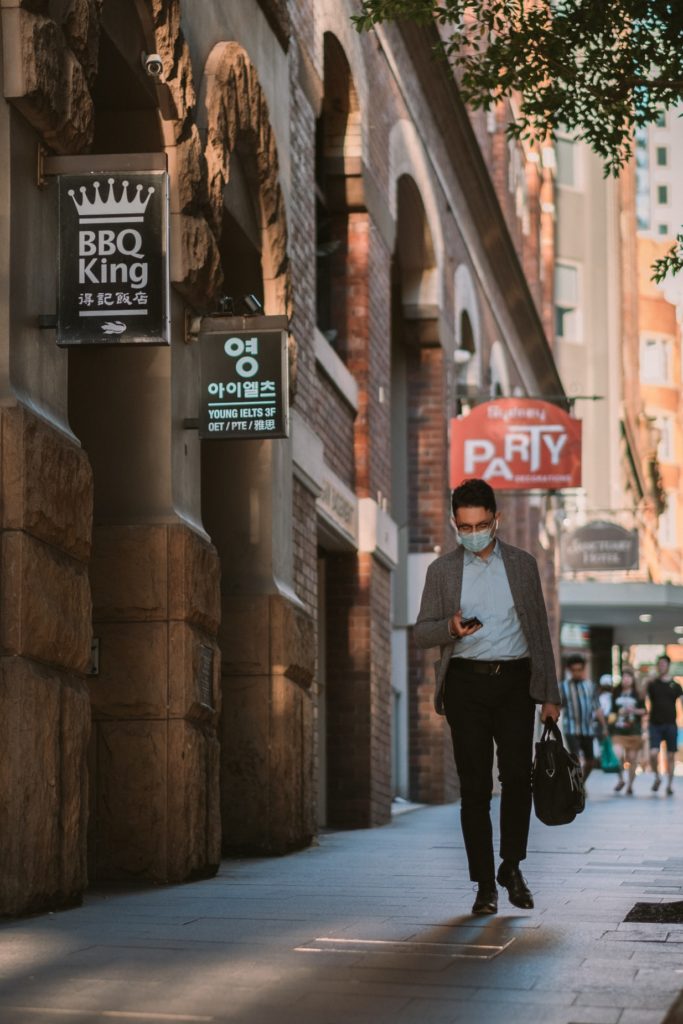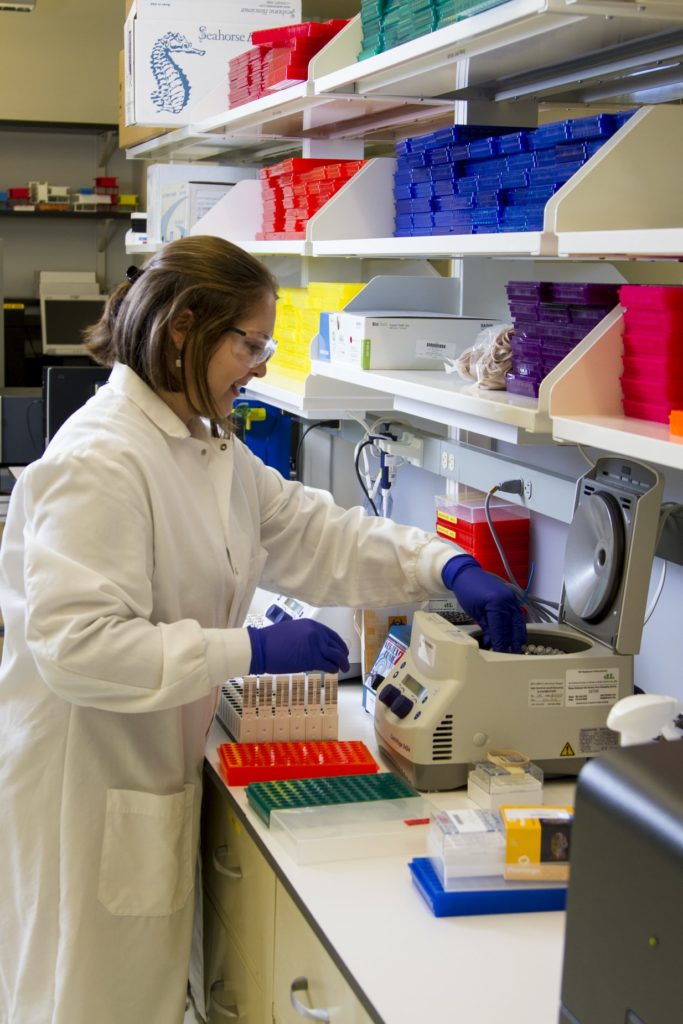
The COVID-19 pandemic came upon us in December 2019; first in Wuhan, China, and subsequently spreading to other countries. For a few months now, the world has had to acclimatize, as the pandemic swept wind of changes globally. The normal life, like we knew it, was halted especially as countries went on lockdown. Schools, churches, companies, relaxation centers, and every other aspect of life were not exempted.
The good news? With the winding down of new cases, the world is slowly resuming its normal activities. European countries like California, Russia, New Zealand, Switzerland e.t.c lifted their lockdown restrictions on Monday, 8th June 2020. Other countries may soon follow suit as well.
However, there are speculations as to what our new normal will be like. Will humans continue to interact as was usual before the pandemic? Will virtual working still be a thing? What changes will actually stay with us post-COVID-19? Researchers have indicated that daily routines carried out over an extended period of time becomes habitual and may require hard work to break the routine. Does this mean we are stuck with these changes?
To answer these questions, we have carried out an extensive research and surveys and have come up with these five changes that we believe will remain with us post-COVID-19. Read on!

ALTERATIONS OF SOCIAL INTERACTIONS – Before the lockdown, there was a growing concern over the excessive use of social media and social media relationships as an alternative for physical contact and relationship. The advent of the COVID-19 fairly worsened the scenario. To curtail the spread of the COVID-19 virus, a lot of social restrictions were put in place. Hugging, handshaking, patting and other closer social interactions with people were restricted. To keep up with loved ones, most people resorted to virtual communications (using skype, zoom, facetime e.t.c). Presently, physical contact with others is fast going extinct. Even though the lockdown is slowly easing off, people are still maintaining as much distance as was applicable during the lockdown.
HEALTH-CONSCIOUS MINDSET – In the pre-pandemic world, we had a laissez-faire attitude towards some basic hygiene practices. However, the pandemic changed all that as we are now forced to wash our hands, sanitize our hands and even fumigate our houses as often as possible. For the most part, these hygienic practices have become habitual since we have had to become knowledgeable about germs and diseases in a way that we have never been before. As a consequence, there have been a paradigm shift in our mindset in terms of health; one that will likely persist even after the pandemic.

HEALTH-RELATED RESEARCHES – In our pre-pandemic world, health-related researches though present was limited. There was no provision (in terms of funding) for healthcare workers to venture into in-depth health-related researches. The pandemic exposed the inadequacy of our healthcare system. The good news is that with the level of focus and attention being channeled to the healthcare system now, it is safe to say that future crisis or pandemic like this one will be better managed.
MORE FINANCE-CONSCIOUS – A lot of us lived a large life before the pandemic. We were earning fat paychecks and spending bigger because we thought we will always receive a paycheck at the end of each month. The lockdown restrictions due to the pandemic made us face the bitter truth. Most companies went on lockdown and laid off their staff. Even those that were exempted from lockdown still laid off some of their employees. With no forthcoming paycheck at the end of the month and a red bank account balance staring us right in the face, we are forced to confront the glaring truth about our financial lives. In amendment, most of us have gone ahead to draw up an emergency savings plan that will serve as a buffer against such challenges in the future.
MORE OPEN TO VIRTUAL WORK – Prior to the pandemic, working from home was a luxury for the relatively affluent and only 7% of the population had access to that. But due to the concern over the spread of the pandemic, most companies took the step to prevent their employees from contacting the virus by reviewing strategies and policies that would allow most employees to work from home. Currently, over 50% of the employed population in United States work from home; a sharp rise from the previous 7%. A significant percentage of these work-from-home employees may find themselves permanently working from home after the pandemic. This is a strategy that most organizations have analyzed to be the most effective method of managing employee operation costs. Post-COVID 19 will definitely see virtual working as a new normal.
A lot of changes have come with this pandemic, most of which have lasting implications. The pandemic has greatly reshaped the future of work, in addition to other facets of our life. Adapting to new changes is never an easy feat. However, it is important to realize that most of these changes have come to stay. A better coping mechanism would be to embrace these changes, particularly the positive ones that are bound to have beneficial effects on our daily lives and activities.
Read Also: Seven Ways to Combat Racism

